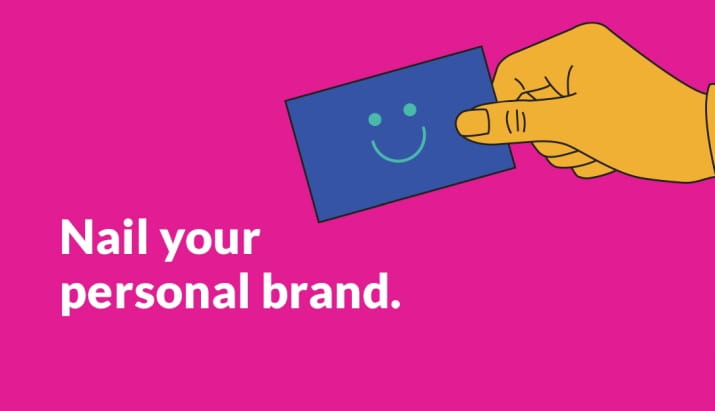How to switch on and make a start
Some handy tips to prepare you (both body and mind) to start researching, writing, and actually relishing the journey.

So you’ve been staring deep into a blank document. The cursor is blinking, awaiting your words of wisdom, but you’ve got nothing.
It’s okay, this happens to the best of us. Getting started can be the hardest part of any task – especially when it’s new and unfamiliar territory. But when assignment deadlines are looming, it’s important to find a way to switch yourself on, even if you’re not feeling it.
Prep that bod
We know you’ve heard it before, but it’s for good reason – how you feel physically has such a profound effect on your mental performance. Before you settle down to study, we recommend that you:
A) Get some light exercise. It gets the blood pumping and the brain ticking. Try a 15 minute walk, a bit of yoga, or a few household chores. Don’t wear yourself out with high intensity exercise, aim to gently invigorate your system.
B) Have a snack. Don’t launch into study hungry, or too full. Ever feel particularly tired post-lunch? It’s your body directing all your energy into digestion, so keep your meals lighter, and more frequent to compensate.
Pro tip: Have a long-lasting hot drink (caffeine, if you so desire) that will carry you seamlessly from snack time into study time. You may not even notice the transition when you’re sipping on a hot cup of liquid happiness.
Start in the shallow end
University learning materials can be dense – it’s a good thing in the long run, as it will amp up your mental stamina. But in the initial stages of study, the complexity of the material can pose a real hurdle.
Our advice? Begin by doing a Google search for some user-friendly resources, which can help you understand the subject you’re studying at large. Seek out a format that feels effortless to you – perhaps find an overview video of your subject on YouTube, that allows you to sit back, and let the information flow through you. Wikipedia is also great for a topic overview. Any jargon you may not understand usually takes the form of a clickable link, so you can instantly define anything you get stuck on. Beginning with information that is easily understood is a great way to transition into more difficult material.
Know where you’re heading
When you’re desperate to get started, the tendency is to start writing words to feel productive, then getting caught up polishing those words prematurely. You may later cut out those sections, having wasted long stretches of time.
The best tactic improve your productivity, and lessen your resistance to the task, is to set up a skeleton for your writing or research, which you can flesh out later. That way, you know where you’re going, what questions to ask yourself, and what to spend your time on. Start with a simple framework – an introduction to the topic and a brief history, moving through to the current situation, and ending with future plans and predictions. Modelling your framework on a conventional story arc, with a beginning, middle and end, can really get the ball rolling. You’re free to (and likely to) change your structure later, but a simple linear framework is a good strategy to get you started.
Tackling the unfamiliar is difficult for everyone, but once you push through that initial barrier, you grow. You’re not always going to feel switched on, but when study can’t wait, try some of our techniques to kick yourself into gear.
Browse thousands of courses from leading Australian universities.
Or complete the form on this page to chat to an advisor about study options.



